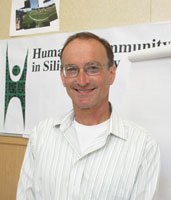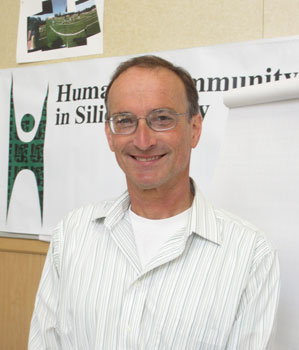Rawls, Civil Disobedience, and Edward Snowden
Martin Carcieri
June 15, 2014

Under what conditions does violation of law have the moral legitimacy of civil disobedience? If Edward Snowden were prosecuted in an American court for leaking classified NSA documents to journalists, for example, would his actions be justified under principles of civil disobedience as articulated by John Rawls, the most influential political philosopher of our time? In his third presentation of Rawls’ work to HCSV, Marty Carcieri (Associate Professor of Political Science at San Francisco State University) will present Rawls’ theory of civil disobedience and apply it to the case of Edward Snowden.
Humanist Community Forum (2014-06-15): Rawls, Civil Disobedience, and Edward Snowden from Humanist Community-SiliconValley on Vimeo.

